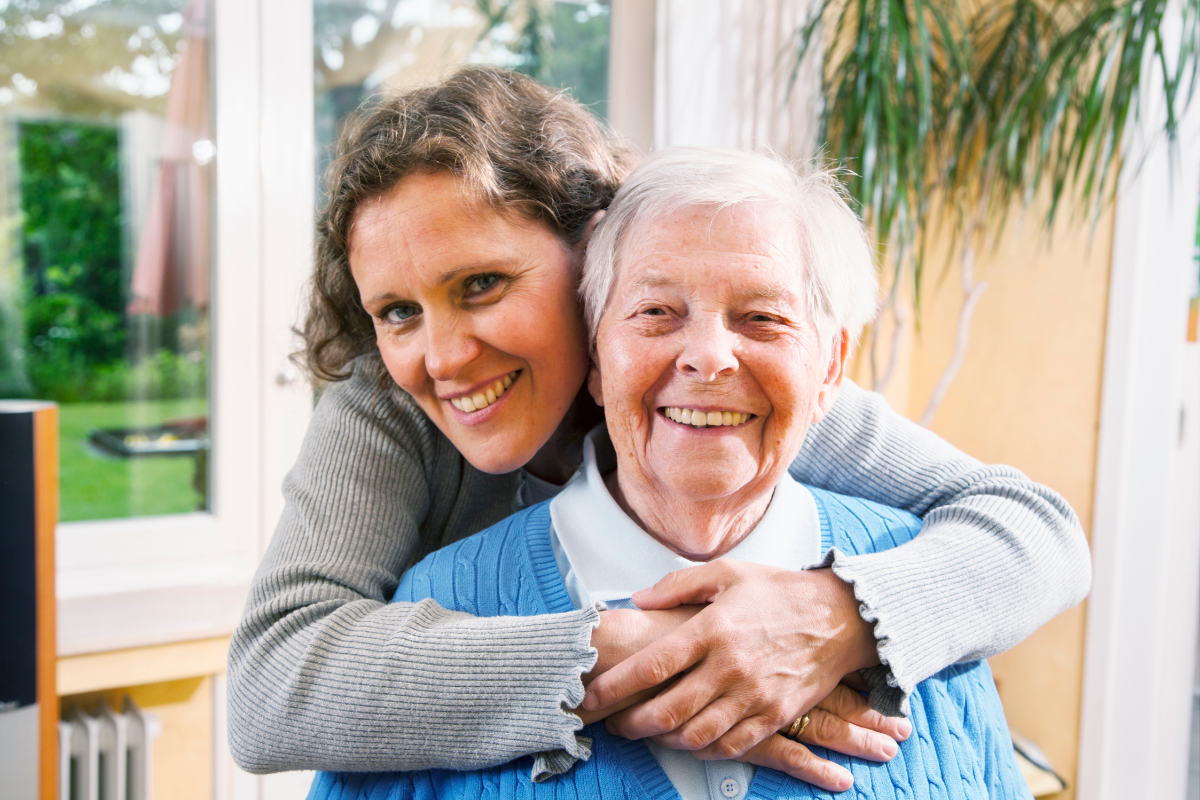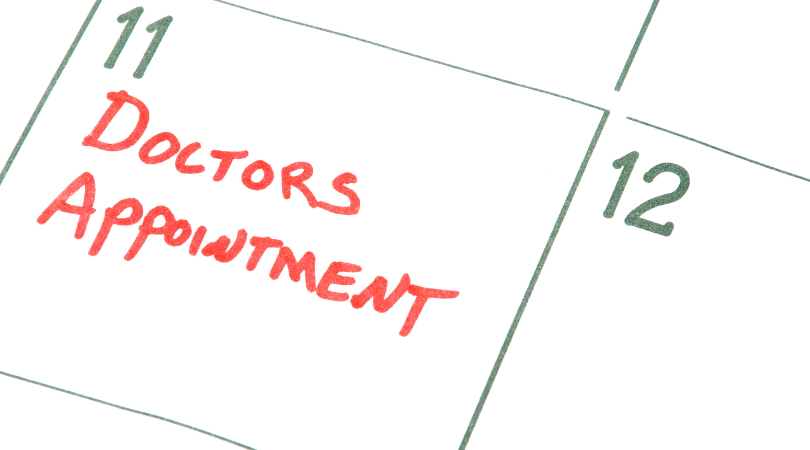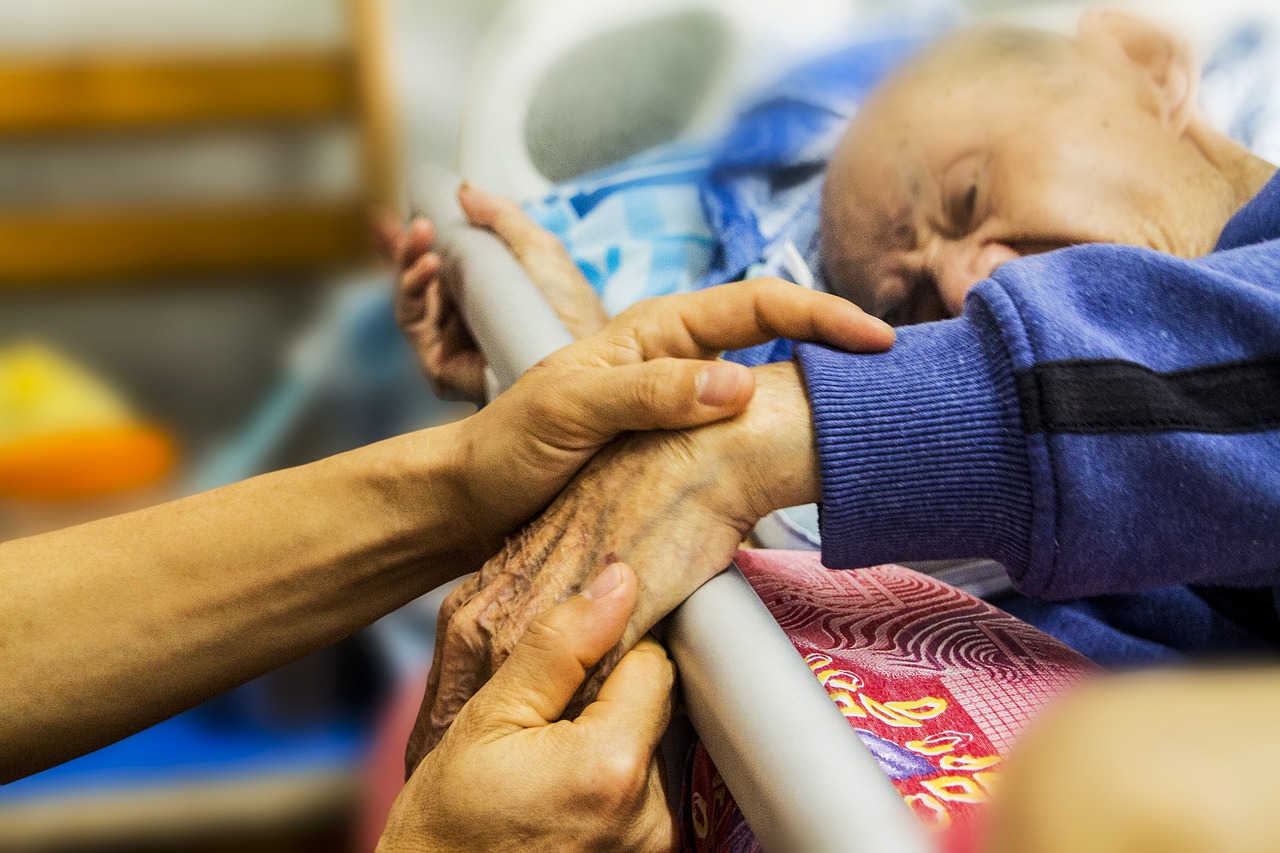How to Stay Organized as a Caregiver

Family caregivers play an essential role in the care of their loved ones. The work of caring for a loved one is rewarding, but also overwhelming as caregivers juggle hands-on care with keeping on top of appointments, medication, and financial documents. Taking the time to get organized can help make all of this a little easier.

How to Become an Organized Caregiver
For a caregiver, getting organized can sound like a daunting task on top of everything else they need to juggle – but it really is worth the initial effort upfront and can make life easier long term.
In order to become a more organized caregiver, it can be helpful to invest in a few basic items to help get everything together. These include:
- An accordion folder
- A 3-ring binder
- A wall calendar
- A small notebook
Once you have these, you can start to put your caregiver organization plan in place.

Organize your paperwork.
Gather all your loved one’s paperwork in one spot. This may include medical bills, progress reports, medication lists, physician contact information, insurance paperwork, advance directives, and contact information for important financial accounts.
Create a label for each section in your accordion file and sort all the paperwork accordingly. If you have other important information related to your loved one, make a section for that as well. As new paperwork comes in, add them to the appropriate section.
Keep copies of the most important information with you.
That accordion binder is going to come in handy, but it’s not something to drag from one appointment to the next. Instead, create a 3-ring binder with the most important paperwork. This will include the most recent medication list with dosages, contact information for all your loved one’s healthcare providers, and copies of insurance cards.
Bring that 3-ring binder to every appointment, so you can easily answer questions about care provided elsewhere.

Take notes.
Visits to the doctor or hospital can be stressful. It’s easy to get confused or to forget a question you had at home. A small notebook can help you keep track of changes to your loved one’s condition and note questions for future visits. When at the appointment, jot down weight and blood pressure readings as well as any instructions from the doctor. If you don’t understand a term or instruction, ask them to explain further, but also jot it down to research it more at home.
If you really want to make the most of your little notebook as an organized caregiver, take time to note their symptoms, meals, and overall health each day. This can help you spot trends.

Track appointments.
It’s so easy to put appointments in our phones these days, so why bother with a wall calendar? In order to be a more organized caregiver, you may find it helpful to see all your weekly and monthly appointments in one place. It also serves as a backup if there are any technical challenges. But more importantly, it allows your loved one to see their upcoming appointments, too, so they can have a sense of independence and involvement in their own care. A bulletin board that allows you to post a calendar and make notes on a whiteboard is a great way to enhance this by including things like today’s date and any important notes for the day.

Seek out solutions.
Even though our loved ones need some extra help right now, they are still adults who deserve to be heard. One way to help yourself and your loved one as an organized caregiver is to take advantage of tools and equipment that allows them to participate in their own care. This can include pill organizers, grabber tools to help them reach items they need, or a walker to help them get around. Allowing your loved one to do what they can helps to protect their dignity and take some of the pressure off you.

Plan for future needs.
Sadly, if your loved one has a serious or terminal illness, they will likely need additional care at some point. Start your research early on home health services, assisted living facilities, and hospice care so you can find the right fit for you and your loved one. Starting research early gives you time to compare companies, ask questions, and meet with staff. Then when more care is needed, you’re ready to go instead of scrambling to find the right care partner during a crisis.
Check with your local Area of Aging organization to see if additional caregiver support is available in your area. You may also find support with foundations related to your loved one’s illness like the Alzheimer’s Association or American Heart Association. In addition to helpful information about your loved one’s condition, these groups often have their own support groups for patients and their loved ones.
Crossroads Hospice & Palliative Care supports patients and families facing serious and terminal illness. To learn more about the caregiver resources we provide, please call 1-888-564-3405.
If you found this information helpful, please share it with your network and community.
Copyright © 2022 Crossroads Hospice. All rights reserved.




